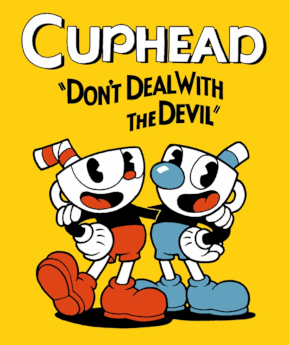
"Inuendo Studios presents an excellent and approachable analysis of the infamous Gamer Gate and its role in later digital radicalization. This video inspired me to think about manufactured outrage, which reminded me of the fake outrage over such video games as Cuphead and Doom. There was also similar rage against the She-Ra and He-Man reboots. Mainstream fictional outrage against fiction involved the Republican's rage against Dr. Seuss being "cancelled." Unfortunately, fictional outrage can lead to real consequences, such as death threats, doxing, swatting, and harassment."
"I call this fictional outrage at fiction for two reasons. The first is that the outrage is fictional: it is manufactured and based on untruths. The second is that the outrage is at works of fiction, such as games, TV shows, movies, and books. Since Thought Slime, Innuendo Studios, Shaun, and others have ably gone through examples in detail, I will focus on some of the rhetorical and fallacious methods used in fictional outrage at fiction."
Manufactured outrage targets fictional works such as video games, TV reboots, and books, often using a mix of truth and exaggeration to provoke responses. Such outrage can produce real harms including death threats, doxing, swatting, and harassment. Political actors exploit fictional outrage for gain, increasing polarization and escalating emotions across the electorate. The term fictional outrage at fiction refers to outrage that is both manufactured and aimed at works of fiction. Rhetorical and fallacious techniques, especially hyperbole that exaggerates rather than invents, commonly fuel this phenomenon and make falsehoods feel plausible.
Read at A Philosopher's Blog
Unable to calculate read time
Collection
[
|
...
]